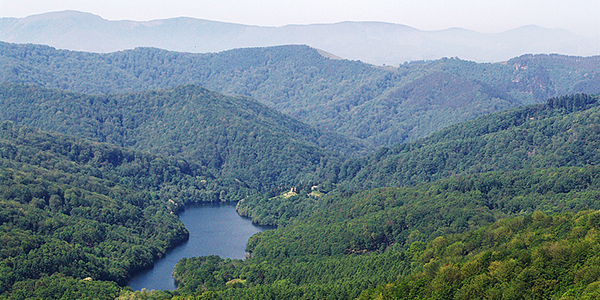- Login or Register
No account yet? Sign up

60% is not enough, I tend to be excited and then it doesn´t rain at all.godlameroso wrote: ↑30 Mar 2017, 20:49Rain on Friday, cold on Saturday, and rain on Sunday, should be fun. More specifically light rain on Friday morning, cloudy on Saturday, and good chance of rain for the race on Sunday ~60%

Less than 10 days is the rule of thumb, I'm usually not wrong about the weather.
You, or the weather report service?godlameroso wrote: ↑31 Mar 2017, 13:19Less than 10 days is the rule of thumb, I'm usually not wrong about the weather.
Didn't knew you put that much effort into it. Good on you, respect for that.godlameroso wrote: ↑31 Mar 2017, 14:31I actually have my own simulation suite that goes a little bit further than GFS or ECFS. Relying on meta data, most places have several publicly accessible weather stations, and radar loops. You start pooling all that info, along with weather trends, and geography, and sea temperatures, currents, upper level winds and space weather(there's a bit more to it but can't say too much), and you can make decently accurate forecasts. The more data you have the better, takes a little while to compile everything but it works.

Awesome man, I would like to have something similar but I lack your knowledge. Kudos for the great work you have done.godlameroso wrote: ↑31 Mar 2017, 14:31I actually have my own simulation suite that goes a little bit further than GFS or ECFS. Relying on meta data, most places have several publicly accessible weather stations, and radar loops. You start pooling all that info, along with weather trends, and geography, and sea temperatures, currents, upper level winds and space weather(there's a bit more to it but can't say too much), and you can make decently accurate forecasts. The more data you have the better, takes a little while to compile everything but it works.


Great stuff. Now all that is needed is to find a weather betting website and win some cash!godlameroso wrote: ↑31 Mar 2017, 14:31I actually have my own simulation suite that goes a little bit further than GFS or ECFS. Relying on meta data, most places have several publicly accessible weather stations, and radar loops. You start pooling all that info, along with weather trends, and geography, and sea temperatures, currents, upper level winds and space weather(there's a bit more to it but can't say too much), and you can make decently accurate forecasts. The more data you have the better, takes a little while to compile everything but it works.